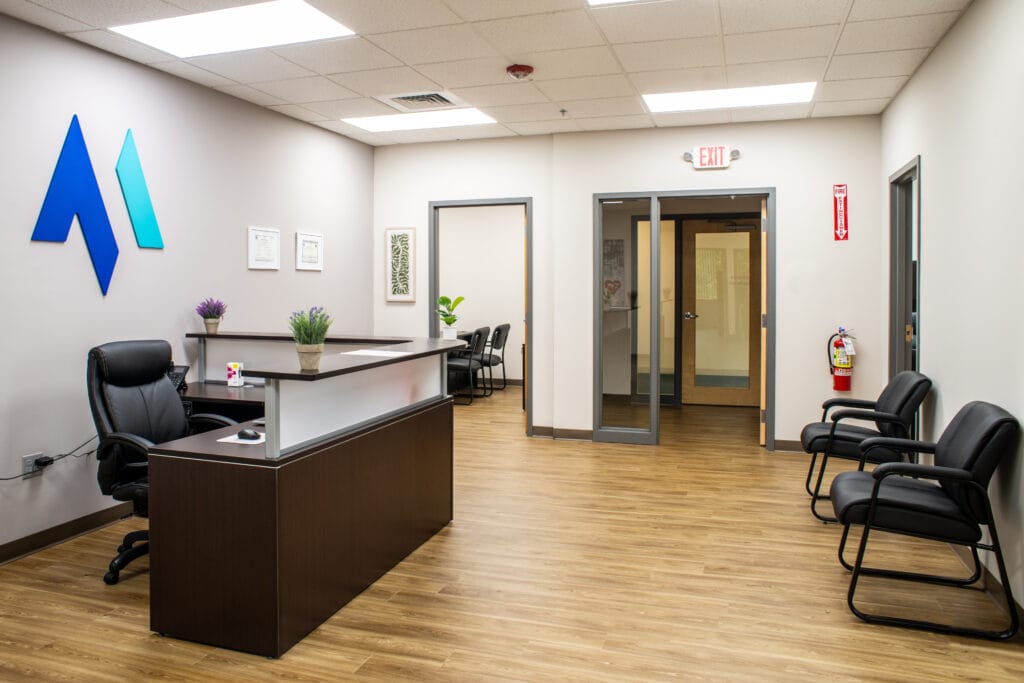While "rehab" and "addiction treatment center" are frequently used interchangeably, these terms can refer to distinct types of services and levels of care. Understanding their differences is essential for individuals seeking help and for their loved ones supporting them through recovery.

The term "rehab" is short for rehabilitation center and typically refers to a structured, time-limited program that helps individuals recover from substance use. Most people associate rehab with inpatient or residential settings, where patients live at the facility for a certain period—commonly 28, 60, or 90 days—while undergoing intensive therapy and support. Rehabs focus primarily on detoxification, withdrawal management, and the initial phases of recovery.
The term has become ingrained in popular culture, often depicted in movies and media as the go-to destination for anyone struggling with addiction. However, this generalization can lead to misconceptions about the scope and depth of services offered.
An addiction treatment center is a broader term that encompasses a wide range of services and settings, including both inpatient and outpatient care. These centers are often equipped to handle the entire continuum of care—from medical detox and residential treatment to outpatient therapy, medication-assisted treatment (MAT), and long-term relapse prevention.
Addiction treatment centers are more likely to use evidence-based practices, offer dual diagnosis support for co-occurring mental health disorders, and develop personalized treatment plans tailored to each individual's needs.
Rehabs often specialize in short-term intensive programs that aim to stabilize clients and begin the recovery process. Services typically include:
While effective for those in the early stages of treatment, rehab programs may lack long-term support or robust mental health services, especially for those with complex needs.
In contrast, addiction treatment centers usually offer a multi-phased approach that adapts to a person’s recovery journey. Services may include:
These centers aim not just to stop substance use, but to address the underlying causes—trauma, mental health issues, family dynamics, and more.
While many rehabs offer medically supervised detox, they often limit clinical interventions to this initial stage. Once stabilized, the focus shifts to counseling and behavioral support. Clinical staff may include licensed therapists and counselors, but access to psychiatrists or medical professionals may be minimal after the detox phase.
Addiction treatment centers typically provide ongoing access to medical and psychiatric care throughout all levels of treatment. This is particularly important for individuals with dual diagnosis—those who suffer from both addiction and mental health disorders such as depression, anxiety, or post-traumatic stress disorder (PTSD). These centers are more likely to have multidisciplinary teams consisting of doctors, nurses, therapists, case managers, and peer recovery specialists who collaborate to support comprehensive healing.
Rehabs are often seen as the first step toward recovery, ideal for crisis intervention or initial stabilization. However, they may fall short in terms of long-term recovery planning. Discharge may be followed by a referral to outpatient services, but patients often leave with minimal guidance or follow-through unless coordinated by external providers.
In contrast, addiction treatment centers are designed to support the entire recovery journey. Their philosophy recognizes that recovery is not linear, and they offer a fluid transition between levels of care, from inpatient to outpatient and beyond. The emphasis is on continuity, consistency, and community, promoting long-term recovery rather than short-term abstinence.
The word “rehab” has become somewhat of a cultural shorthand, often used loosely to refer to any kind of addiction treatment. However, this oversimplification can perpetuate the idea that recovery is a quick fix—a one-time stay at a facility followed by sobriety. In reality, addiction is a chronic condition that requires ongoing management, similar to diabetes or hypertension.
The term “addiction treatment center” is more clinical and professional, reflecting a holistic view of recovery. It communicates that addiction is a complex issue requiring medical care, psychological support, behavioral change, and lifestyle restructuring. This framing helps reduce stigma and encourages people to view treatment as a legitimate and necessary healthcare service.
Rehab programs can vary widely in cost, especially those that are private, luxury, or out-of-network. Insurance may cover detox and some therapeutic services, but coverage for short-term rehabs can be limited.
Addiction treatment centers, especially those offering multiple levels of care, are more likely to be insurance-friendly and cost-efficient over the long term. By coordinating care under one umbrella, they reduce gaps in treatment and unnecessary hospital readmissions.

While the terms "rehab" and "addiction treatment center" may seem interchangeable, the differences lie in scope, approach, clinical resources, and long-term support. Rehabs provide a valuable entry point for recovery, particularly for those needing immediate stabilization. However, addiction treatment centers offer a more holistic and sustained path to wellness, addressing the medical, emotional, and social aspects of substance use disorder.
For those navigating the decision-making process, understanding these distinctions can lead to better outcomes, fewer relapses, and more empowered recovery journeys. Whether it’s a first step or a continued commitment to healing, choosing the right type of care is essential to building a healthier future.
If you or a loved one is looking for support, call us today at 844-909-2560, or email us at info@metaaddictiontreatment.com. You can also visit any one of our three locations, which are open 24/7:
Don't wait to get help. Start a journey towards happiness today.